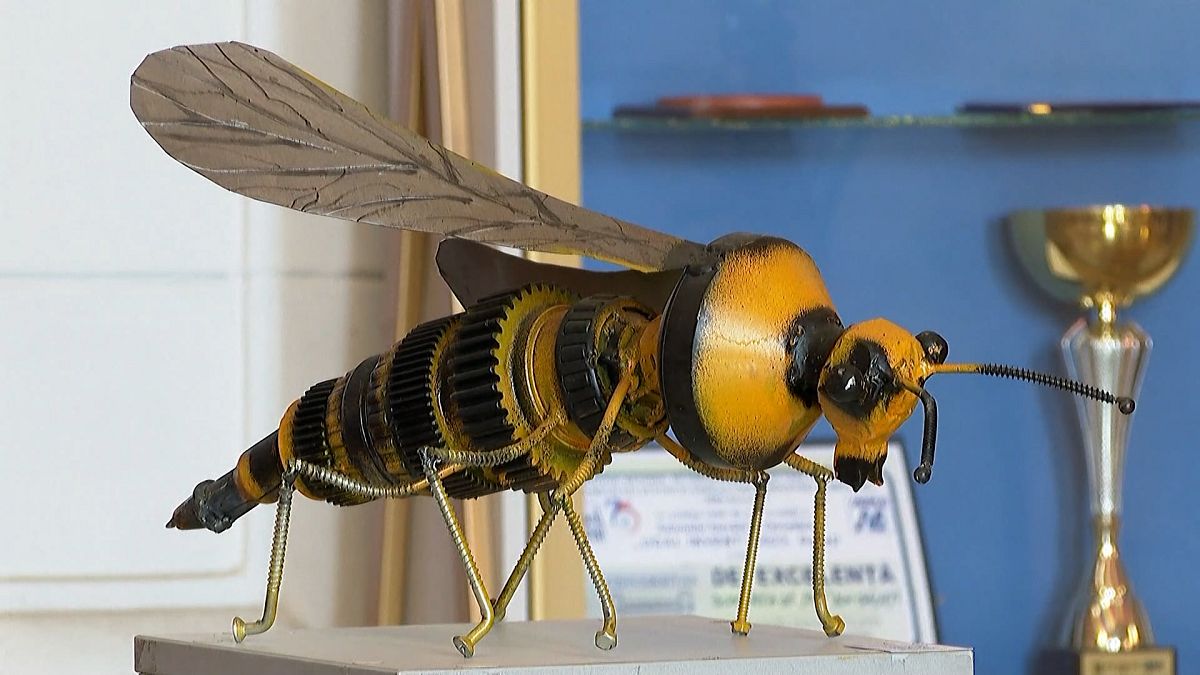AI-Generated Music Sparks Controversy on Billboard Charts
AI-generated music climbs Billboard charts, igniting debate over creativity, authenticity, and the future of the music industry.

The music industry is facing one of its most divisive debates in decades, as AI-generated songs begin to claim real estate on major music charts — including the prestigious Billboard Hot 100. The rise of artificially created music has triggered a firestorm among artists, record labels, and listeners, challenging traditional notions of creativity, copyright, and what it means to be a musician in the modern age.
In recent months, songs partially or fully created by AI tools — from vocal synthesis to beat production — have surged in popularity on streaming platforms like Spotify, Apple Music, and YouTube. Some of these tracks, boasting millions of streams, have found their way onto Billboard’s top charts, competing alongside human-made hits. For an industry that has long celebrated personal storytelling and emotional authenticity, the trend has not gone unnoticed — or unchallenged.
At the heart of the controversy is the question of legitimacy. Should AI-generated music be allowed to compete with human artistry for chart positions, awards, and commercial success? Critics argue that allowing AI creations into mainstream rankings dilutes the meaning of musical achievement. They claim it risks turning music into a data-driven product rather than an art form fueled by human experience.
Established artists have begun speaking out. Grammy-winning singer-songwriter H.E.R. posted on social media, "If music comes from code instead of soul, what are we even celebrating anymore?" Others, like producer Finneas (known for his work with Billie Eilish), have warned that "algorithmically optimized songs" could overpower genuine human creativity in the marketplace.
Record labels, traditionally the gatekeepers of chart-topping music, now find themselves grappling with how to categorize AI-influenced works. Some have embraced the trend, investing heavily in AI to speed up production and reduce costs. Others are lobbying for the creation of a separate category for AI-generated content, similar to how animated films are categorized separately from live-action movies at the Oscars.
Billboard itself has not remained silent. In a recent statement, the chart organization acknowledged the growing presence of AI in music but maintained that its rankings would continue to be based on consumption metrics — streams, sales, and radio airplay — regardless of how the music was created. "Our mission is to reflect what listeners are engaging with," the statement read. "If AI-generated songs are earning attention organically, that engagement is meaningful data."
This neutral stance has not satisfied everyone. Independent musicians, already struggling to compete against major label marketing machines, fear that AI-produced tracks — optimized through big data analysis and tailored to trending sounds — will make the charts even harder to crack. Some fear that the creative playing field, already tilted by money and influence, could become completely inaccessible to human artists without the backing of AI development teams.
Legal questions add another layer of complexity. If an AI creates a hit song, who owns the rights? The programmer? The dataset trainers? The artist who prompted the AI? Recent lawsuits against AI platforms accused of using copyrighted material to "train" their models have highlighted the murky legal waters surrounding the issue. Without clear ownership frameworks, disputes over AI-generated music could flood courts in the coming years.
For fans, opinions remain divided. Some listeners appreciate the innovation AI brings, citing how technology has historically shaped music — from electric guitars to drum machines to autotune. Others view AI-created songs as soulless imitations, lacking the emotional resonance that makes music powerful.
An informal survey conducted by LatestNewsTalk on social media showed that while 42% of respondents were "open to AI music if it sounds good," a strong 53% said they "prefer human-made music for emotional connection." Only 5% claimed they "only care about the end product, not how it’s made."
Amid the debate, AI-generated songs continue to climb. Earlier this year, an AI-crafted pop single, "Neon Hearts," created by the startup HarmonAI, broke into the Billboard Top 50, outperforming songs by established artists. Meanwhile, AI tools like Suno, Boomy, and Udio have made it possible for everyday users to generate full tracks within minutes — no formal musical training required.
The controversy touches deeper societal questions about the future of work, creativity, and authenticity in a world increasingly shaped by algorithms. If machines can mimic human creativity well enough to top charts and win awards, what does that mean for the future of artists — and audiences?
For now, there is no simple answer. What is clear is that AI-generated music is not a passing trend. It is here to stay, and the music industry must decide whether to fight it, regulate it, or embrace it. As AI continues to blur the line between tool and creator, the definition of music itself may be up for negotiation.
In the meantime, listeners — and artists — are left to grapple with a new reality: a future where the next global anthem might not come from a human heart, but from an artificial mind.
What's Your Reaction?
 Like
0
Like
0
 Dislike
0
Dislike
0
 Love
0
Love
0
 Funny
0
Funny
0
 Angry
0
Angry
0
 Sad
0
Sad
0
 Wow
0
Wow
0





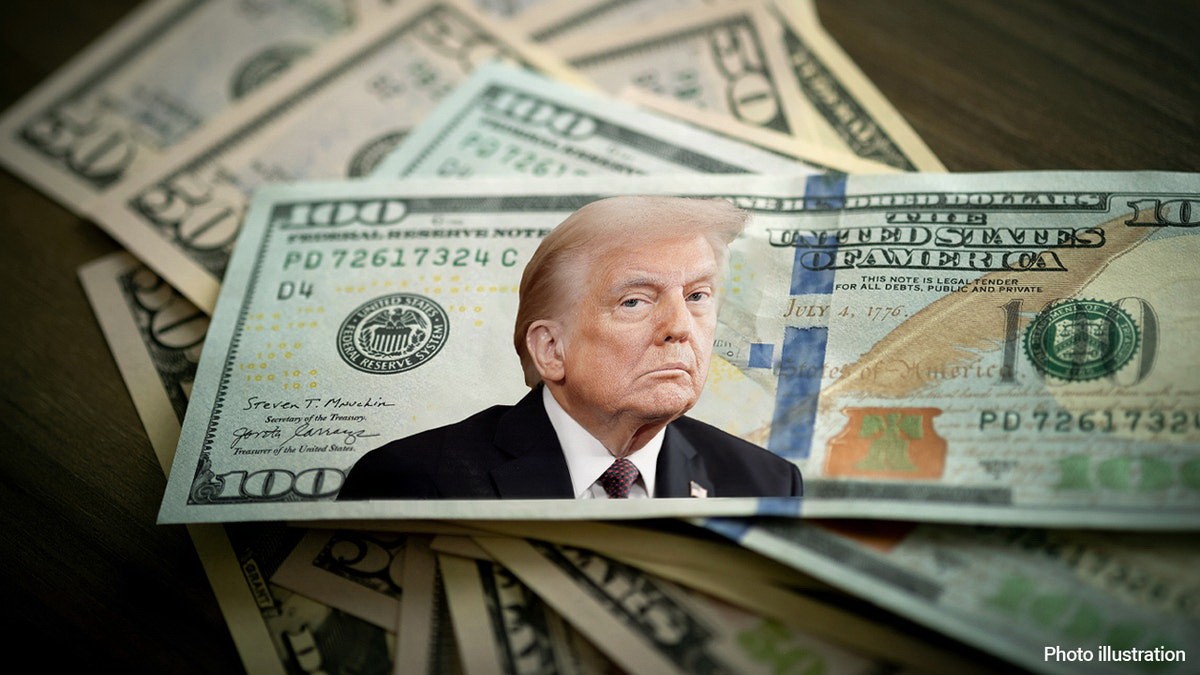




.png?#)










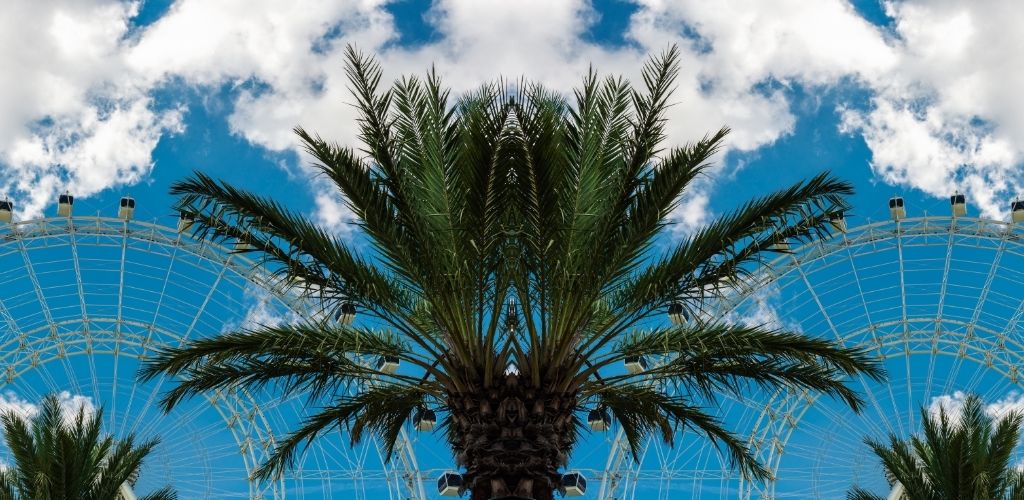



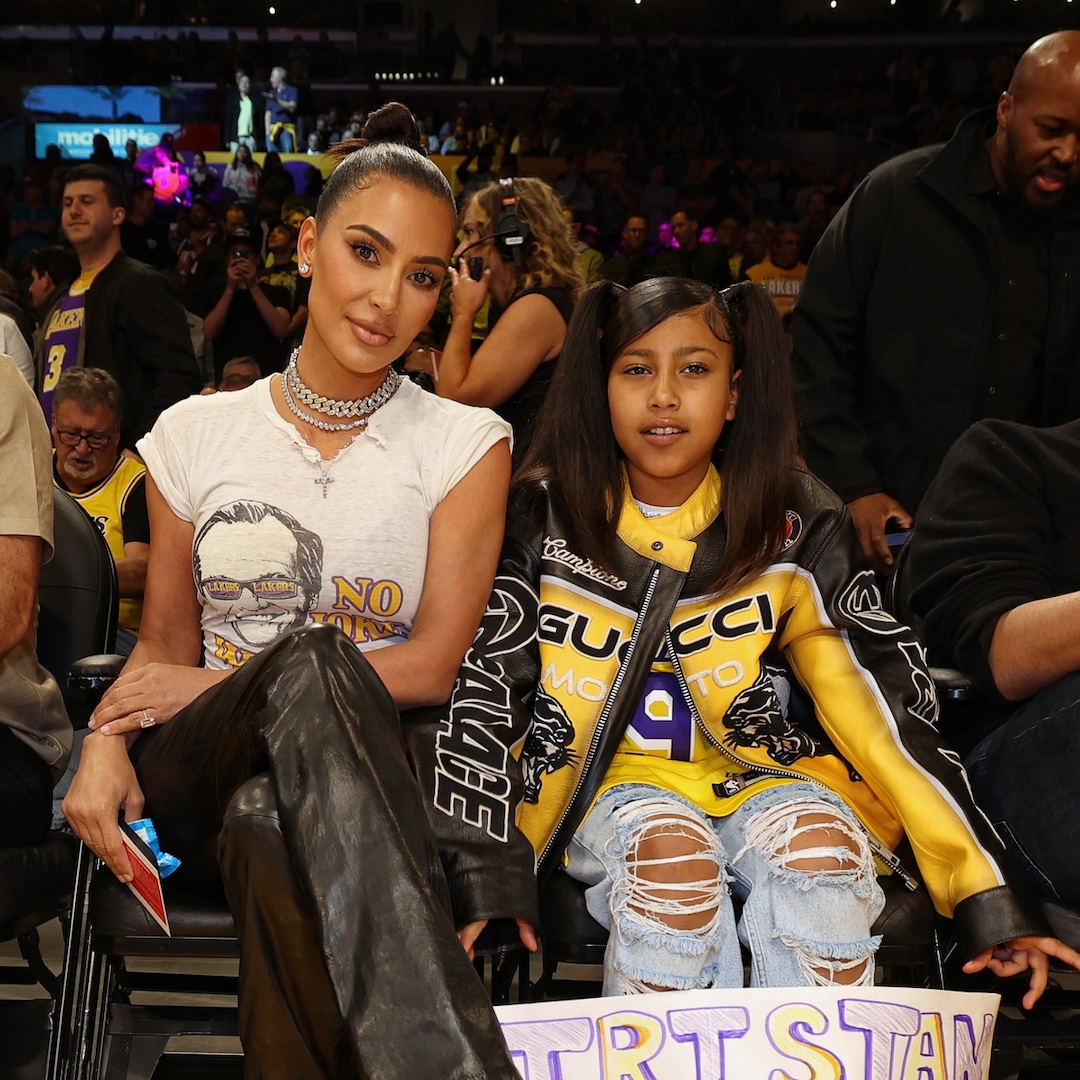












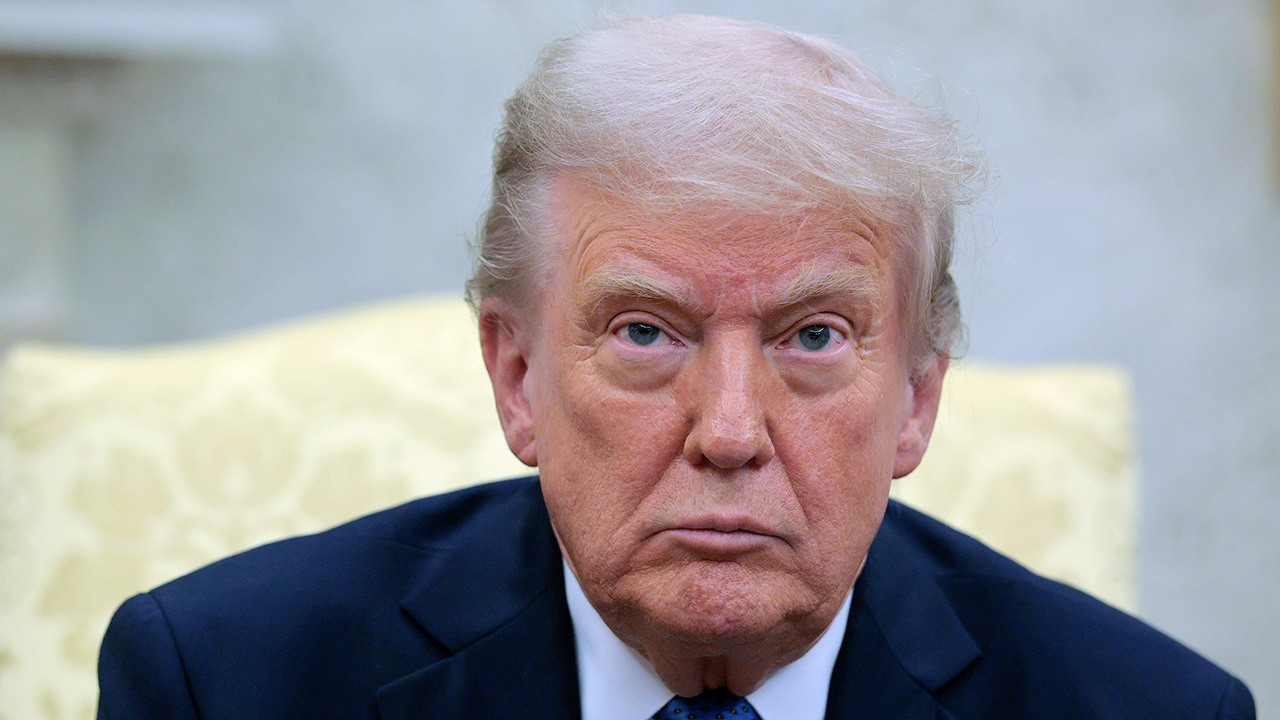
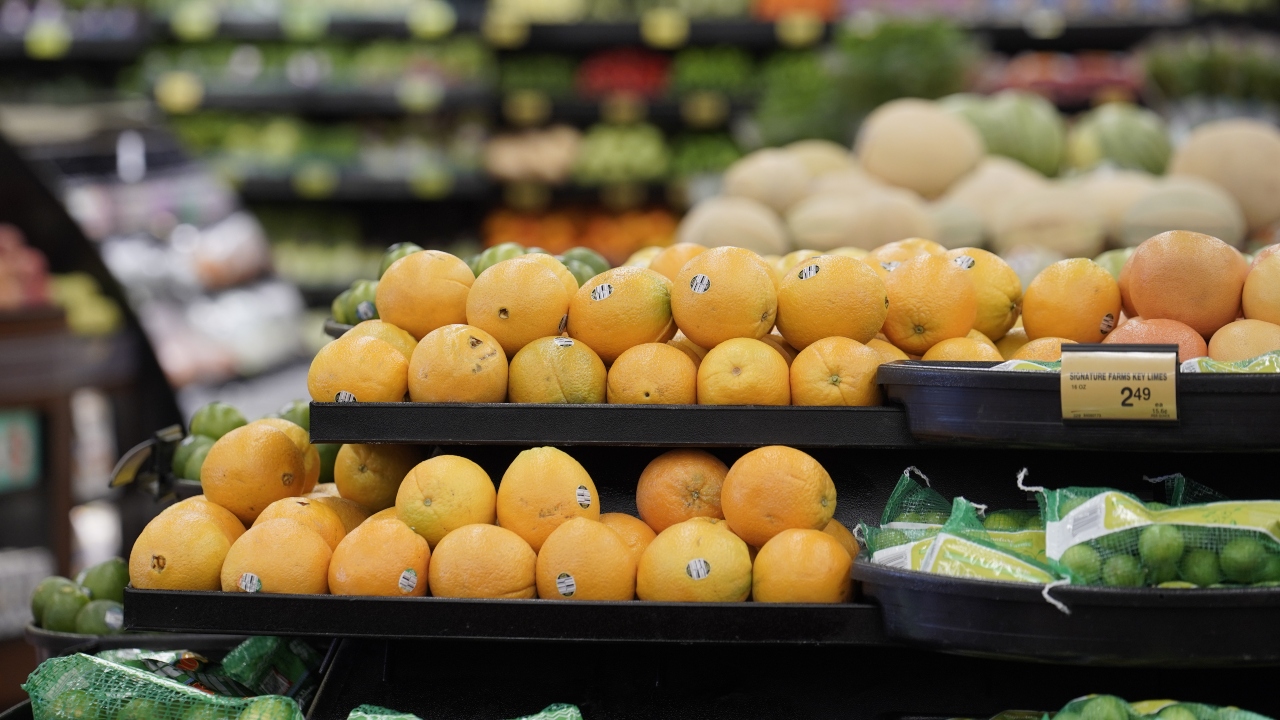
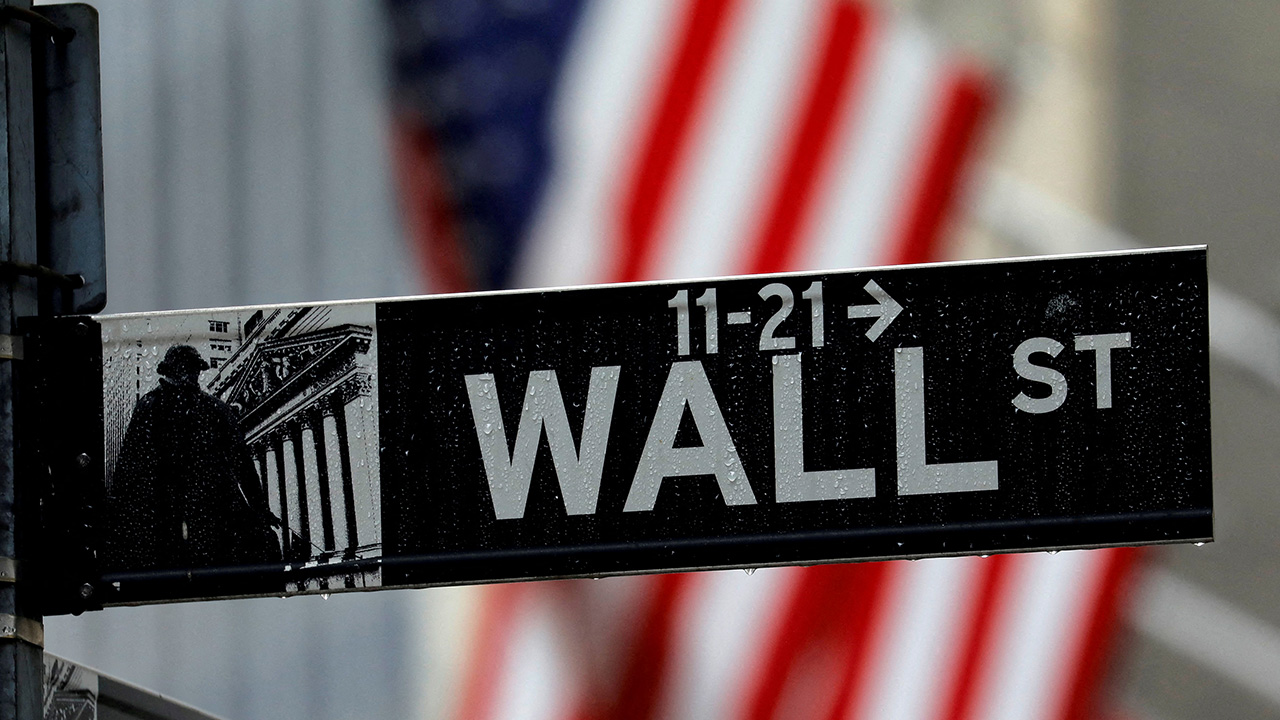
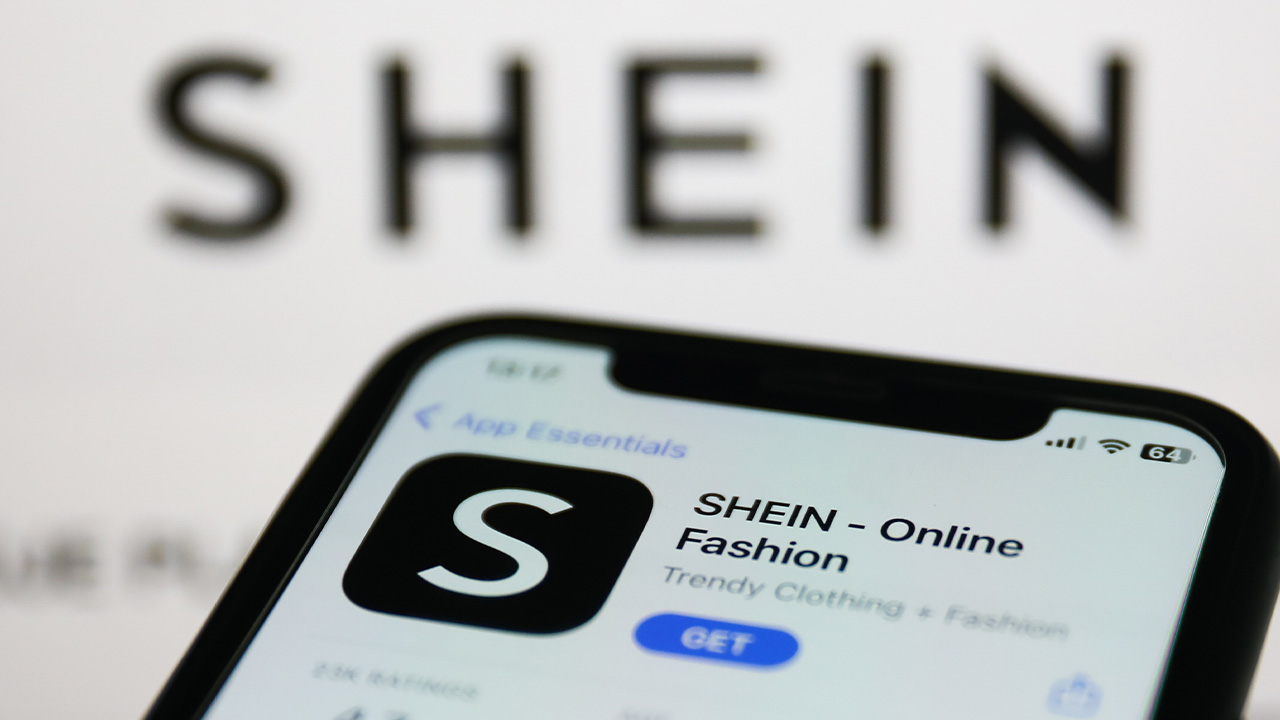










.png?Expires=1838763821&Key-Pair-Id=K2ZIVPTIP2VGHC&Signature=IO0~CT3pU-TcxGc~yoZSmoQx23MZVuK-~4jSii~NKEblRmyO3el7NXPu~Rh1o23voASg7hlcHLw4kvQuDK1jssEhcjoNBBvEpZ~GGOAU6yosBhpHpeF179F~h7i6VxmsBNh9gtTutkoqY73O2YCFey~IAqSzKbBqETP1kP9cAg1916Z1YkJJs-5MliMrkZ5d7-mWGLbpHp2wGj2VlMph8XzYlL4~y1O7fB~JdIS~Rs4RMRs2x0WT1qUIpHAsf3GdwtOyAmKFSpIg8xCyNGZZ5h~13nXlmpd7uPvW8tBfttpG9pFTqcway-uch5WyfHOEfi7UlJCOWrr6fCYY5PMgSg__)




